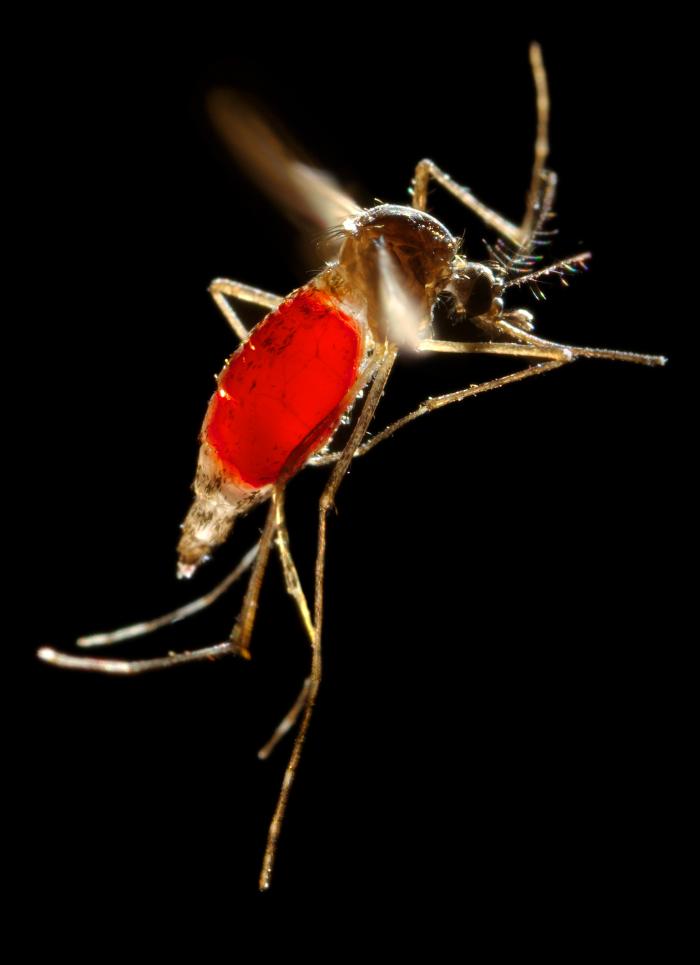Director of the National Institutes for Allergy and Infectious Diseases, Dr. Anthony Fauci addressed issues concerning the development of diagnostic testing and preventive vaccines for the rapidly spreading Zika virus during a Centers for Disease Control and Prevention (CDC) telebriefing on Thursday.

Concerning diagnostics:
“We are also supporting along with the CDC, the development of diagnostic platforms that can rapidly determine if a patient is infected with Zika or has been infected either recently or in the past, and distinguish it from other viruses, particularly Dengue infection. Such diagnostic tools will be critical to reassure the unaffected pregnant women in areas where Zika is occurring and pregnant women returning from such areas.”
Concerning vaccines:
“NIAID researchers are working on vaccine candidates to prevent Zika virus infection. It is to our advantage we already have existing vaccine platforms to use as a sort of jumping off point.
” NIAID is currently pursuing at least two approaches to a Zika vaccine. First, a DNA based vaccine using a strategy very similar to what we employed for another virus, the West Nile virus, as this vaccine was found in a phase one trial to be both safe and immunogenic, second, a live vaccine building on similar and highly immunogenic approaches used for the closely related Dengue virus.
“While these approaches are promising, it is important to understand we will not have a widely available safe and effective Zika vaccine this year and probably not in the next few years. Although, we may be able to begin an early phase one clinical trial actually within this calendar year.
” We need to look at Zika virus in its context as the latest in a series of mosquito-borne diseases that expanded their reach in the past 20 years or so. These include, as you heard, Dengue, West Nile virus just last year. There will be others. We need vaccine platforms that can be quickly modified for protection against emerging new threats and we need broad spectrum drugs effective against whole classes of viruses.”
When asked about how much money NIH is going to be devoting to Zika research, Fauci said, “As you heard, as said, this is a brand new virus, so we, prior to this time, have not spent anything on Zika. however, we do have a substantial resource commitment to the virus class, so we spend about $97 million on the flavivirus research, and when you ask how much we’re going to spend, it really depends on the kinds of requests coming in and the kinds of projects we’re pursuing. So I can’t put a number on it except to say we’ll be utilizing the grantees and grants out there for the virus and immediately supplementing them. I imagine that this is going to require a considerable amount of resources, but right now, we’re just going to fund what comes in with the money we have, and if additional money comes in, then we’ll, I’m sure, utilize it well.”
Related:


See the problem is, no matter what, abortion is the act of killing another human being. Agree with it or not you can’t deny it’s an act of killing.
Then you get all legal wrangling abortionists use to define that a fetus is not an human being (because killing humans is a big no-no in all penal codes.) That’s a might dangerous slippery slope and much of it is probably an excuse used to shut down their own consciences about it.
So we, as a civilized society with a strong PC movement, have this schizophrenic situation nowadays that we must consider all human lives sacred unless they belong to a class labeled “not a person”, to be defined by human beings outside of the group, that is OK to kill.
We have this schizophrenic situation of people that are against the death penalty but support abortion…
A huge clusterfuck where people just keep shouting insults at each other and acting like idiots for lacking arguments.
Humans are a mess…
2 out of 4,000 babies had zika? Which has never proven to hurt anyone. However all 4,000 were lab rats for vaccination before birth, look what happened. GSK you are murderers.
Acellular pertussis vaccine, in use since 1998, first failures 2010, and increasing yearly. Those still with some vaccine immunity, are carriers infecting infants usually in their own families……… cant vaccinate infants, it kills them. What to do? Own up and just stop using the failed vaccine (no more vaccinated carriers in around 8 years) OR attempt to vaccinate babies before birth, so their own vaccinated family members, carriers, with no symptoms, will not infect them? Look what happened? Started vaccinating all babies before birth (ie pregnant women) In May………. October, all of a sudden 1200 babies per month and will continue until July………. (They removed the vaccine late December)………………… A mossie? hahah rofl x